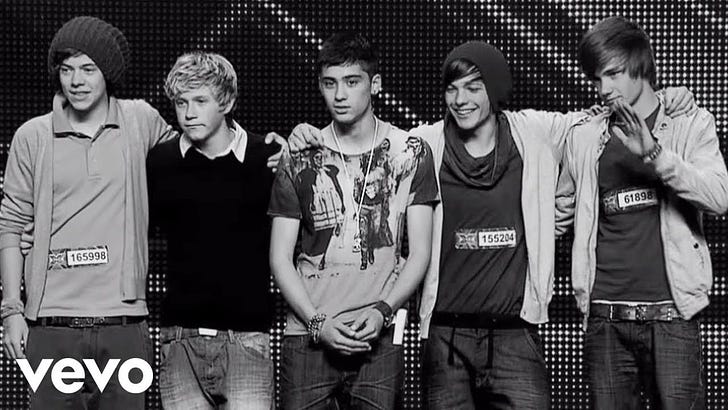Why Jakarta?
What is a trigger city and their roles in music streaming?
Last week, I published a column on the Biggest Bands in the World. One surprising takeaway was how often Jakarta topped the list as the city with the most listeners for many of these bands. I got a lot of questions about why that is—and I started asking myself the same thing.
Then this weekend, John Oliver aired a segment on Last Week Tonight about AI-generated spam (a.k.a. "AI Slop"), you can find it on YouTube or on the wonderful new HBO, which added another layer to my curiosity. So I decided to dig into why Jakarta, Indonesia is such a powerhouse on Spotify.
Size Matters
Jakarta is massive—by most estimates, it's the third-largest metro area in the world, with a population between 29 and 32 million. Only Tokyo and Delhi are in the same league. It's also a regional economic hub, home to major global companies and a Google Cloud region.
Critically, Jakarta has a young population, especially Gen Z and Millennials. These groups are deeply connected online and are among the most active users of platforms like Spotify.
So, if just 3% of the city’s population listens to Coldplay once a month, it’s not hard to see how Jakarta rises to the top of global listener stats.
Price Matters
Spotify launched in Indonesia in 2016, and one reason it caught on so quickly is price. A Premium subscription costs around $3.47 USD—far cheaper than in many other countries. That low price point made it accessible to a wide audience, helping Spotify become a go-to platform for both local and international music.
Musical Culture
Indonesia has a vibrant local music scene. Ever heard of Dewa 19? Probably not, but they’re a homegrown band with a strong following—comparable in monthly listeners to Alice Cooper in June. Local artists have embraced Spotify, and thanks to the platform’s recommendation algorithm, Indonesian listeners are regularly introduced to international acts, and vice versa.
Jakarta, in particular, has a strong appetite for global music. Many of today’s biggest artists count it as a major fanbase.
Trigger Cities – The Good
Jakarta is what's known as a trigger city—a place where enough listens can influence Spotify’s algorithm. Because of its sheer size and engagement level, activity in Jakarta can push a song onto global playlists. That means a track gaining traction there can get a massive visibility boost, far more than if it were trending in, say, Toronto or Chicago.
Jakarta has embraced this status. It’s become a point of pride that its listeners help shape global music trends.
Trigger Cities – The Bad
With great influence comes... bot traffic. Unfortunately, Jakarta’s status as a trigger city has made it a target for artificial stream manipulation.
Bots
Some artists and marketers use bots to inflate stream counts in key cities like Jakarta, hoping to game Spotify’s algorithm. It’s a known tactic in the podcasting world too—essentially a paid marketing expense disguised as organic growth.
These bots are increasingly sophisticated, often blending in with real streams. Some bands, both new and established, are willing to risk credibility if it means better playlist placement.
Here’s a useful tip if you are ever searching Spotify to see how popular your favourite band is: if the band has significantly more listeners than followers, it could indicate bot activity.
Conclusion
For the most part, Jakarta’s engagement appears genuine. While no system is perfect for gauging an artist’s popularity, Spotify data offers one of the best tools we have. I'd like to believe artists connect with real fans—not marketing algorithms—but the reality is that large, young, digital-first cities like Jakarta are now central in defining global music tastes.
Streaming isn’t just changing how we listen. It’s changing who decides what becomes a hit.
Biggest Bands in the World
I was doing some research for a future column concerning band popularity and one of the criteria I am measuring is current monthly listeners on Spotify. Why Spotify? Because according to the internet it is the largest music streaming service with an approximate 32% market share. It’s over twice as large as Tencent (14%) and Apple Music (12%) which round…


this was really great. clear and smart and I learned a lot. take the rest of the night off, Stevie.
awesome read!